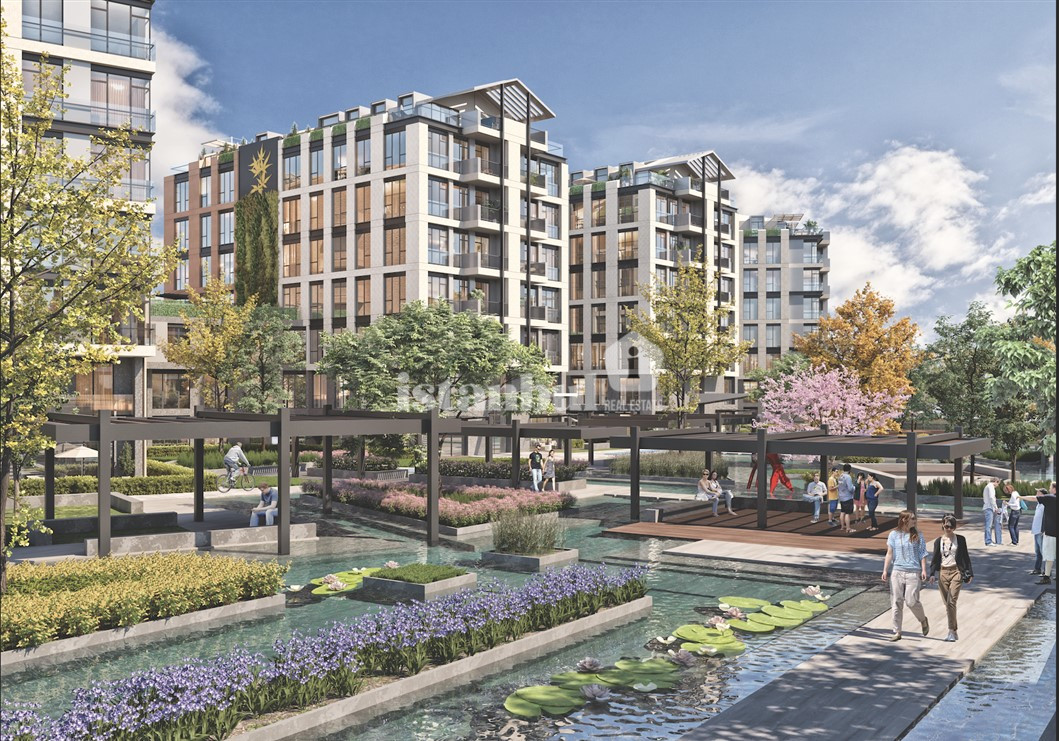
- 2 July 2024
Sociological and Economic Aspects of Owning Property in Turkey
Sociological and Economic Aspects of Owning Property in Turkey
Owning property in Turkey has become an attractive prospect for both locals and foreigners in recent years. The country’s unique geographical location, blending Eastern and Western cultures, along with its rich history and growing economy, make it a compelling destination for real estate investment. This article explores the sociological and economic aspects of owning property in Turkey, highlighting the key factors that make it an appealing option.
Sociological Aspects
-

Property in Turkey Cultural Heritage and Lifestyle
- Historical Significance: Turkey is home to numerous historical sites and cultural landmarks, including ancient ruins, mosques, and palaces. Owning property in cities like Istanbul, Antalya, or Izmir allows residents to immerse themselves in this rich cultural heritage.
- Lifestyle and Community: Turkish society values community and family. Residential areas often foster a strong sense of community, with social interactions and neighborhood events being common. This communal lifestyle is appealing to many who seek a sense of belonging.
- Diverse Population
- Multicultural Environment: Turkey’s strategic location at the crossroads of Europe and Asia has resulted in a diverse population. Cities like Istanbul are cosmopolitan, hosting a mix of cultures, languages, and traditions. This diversity enriches the living experience and promotes cultural exchange.
- Expatriate Communities: An increasing number of expatriates are choosing to settle in Turkey, attracted by the lower cost of living and the appealing lifestyle. This has led to the growth of expatriate communities, particularly in coastal regions and major cities.
- Quality of Life
- Affordable Living: Compared to many Western countries, the cost of living in Turkey is relatively low. This affordability extends to real estate, making it possible for more people to own property without incurring significant financial burdens.
- Healthcare and Education: Turkey has made significant strides in improving its healthcare and education systems. Quality healthcare services and educational institutions are accessible, contributing to a higher quality of life for property owners.
Economic Aspects
-

Seba Göktürk Houses Real Estate Market Growth
- Market Dynamics: The Turkish real estate market has seen steady growth, driven by both domestic demand and foreign investment. Factors such as urbanization, a growing middle class, and government incentives have contributed to this upward trend.
- Foreign Investment: The government has introduced various incentives to attract foreign investors, including granting citizenship to foreigners who purchase property above a certain value. This has led to increased foreign investment, particularly from the Middle East and Europe.
- Economic Stability
- Macroeconomic Indicators: Despite occasional fluctuations, Turkey’s economy has shown resilience. Key sectors such as tourism, manufacturing, and construction continue to drive economic growth. This stability provides confidence to property investors.
- Infrastructure Development: Significant investments in infrastructure, including transportation networks, airports, and urban development projects, have boosted the real estate market. Improved infrastructure enhances property values and attractiveness.
- Investment Potential
- Property Appreciation: Real estate in Turkey has shown potential for appreciation, especially in popular areas like Istanbul, Bodrum, and Antalya. The combination of demand, location, and infrastructure improvements contributes to property value growth.
- Rental Income: The demand for rental properties, both from locals and tourists, presents an opportunity for property owners to generate rental income. Coastal areas and tourist hotspots are particularly lucrative for short-term rentals.
- Legal and Financial Considerations
- Legal Framework: Turkey has established a comprehensive legal framework to regulate property ownership, ensuring transparency and security for buyers. Foreigners can purchase property with relative ease, subject to certain restrictions.
- Financing Options: Various financing options are available for property buyers, including mortgages and installment plans. These options make property ownership more accessible to a wider range of individuals.
Back to top
